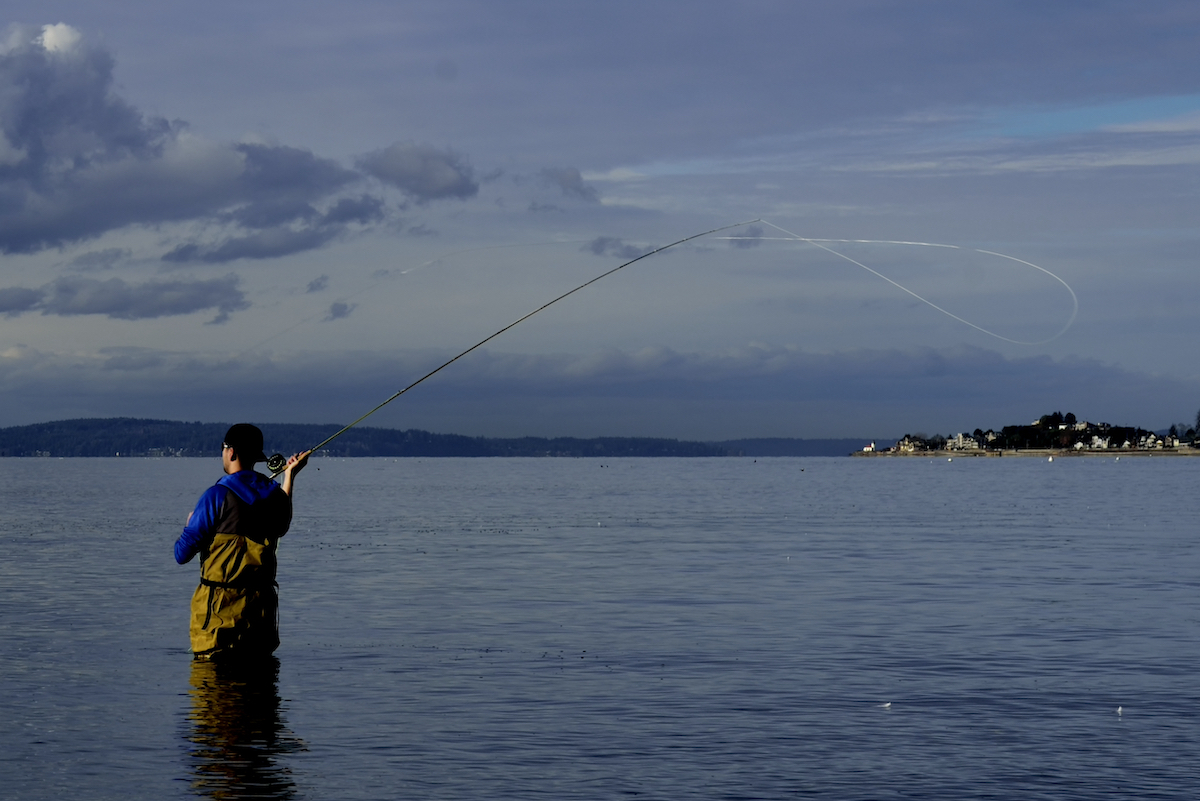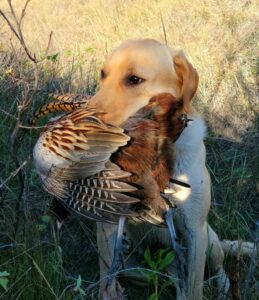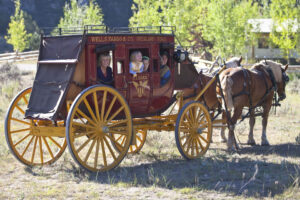Trout for Any Season or Location
Do you know how many trout species there are on Earth? There are 14! Rainbow, Cutthroat, Golden, Brown, Lake Trout, Brook, Dolly Varden, Bull, Tiger, Splake, Palomino, Gila, Apache, and Marble.
Rainbow trout, named because of the identifiable pink stripe along their side, are the most well-known and easily found species of trout in North America, mostly along the Pacific coast. You can also find them in the Great Lakes, Alabama, Georgia, and Canada. Knowing which trout species is found in the area of your expedition is important. Different types require different methods and equipment.
Massive Lake Trouts are a Rewarding Challenge
Lake Trout are considered trophy fish as they are one of the most popular freshwater fish in North America. They can grow to over 80 pounds! So how do you catch a monster of this caliber? Know your equipment and learn proper casting.
Light lures like small spinners and spoons are preferred. Spoons easily mimic prey with a nice wobble at a slow speed. Keep in mind that Lake Trout can be massive, so it’s important to carry a sturdy fly fishing rod. This will ensure you can stick with the fight and win.
You’ll also want to be a good distance away from any school of Lake Trout. Typically no less than 40 feet away. It is preferable to fish in cool water. If the surface temperature is warm, try fishing in deeper waters. In part 1, we discussed times of day, season, and weather. The general rule of thumb is: cooler temperatures are better for trout.



